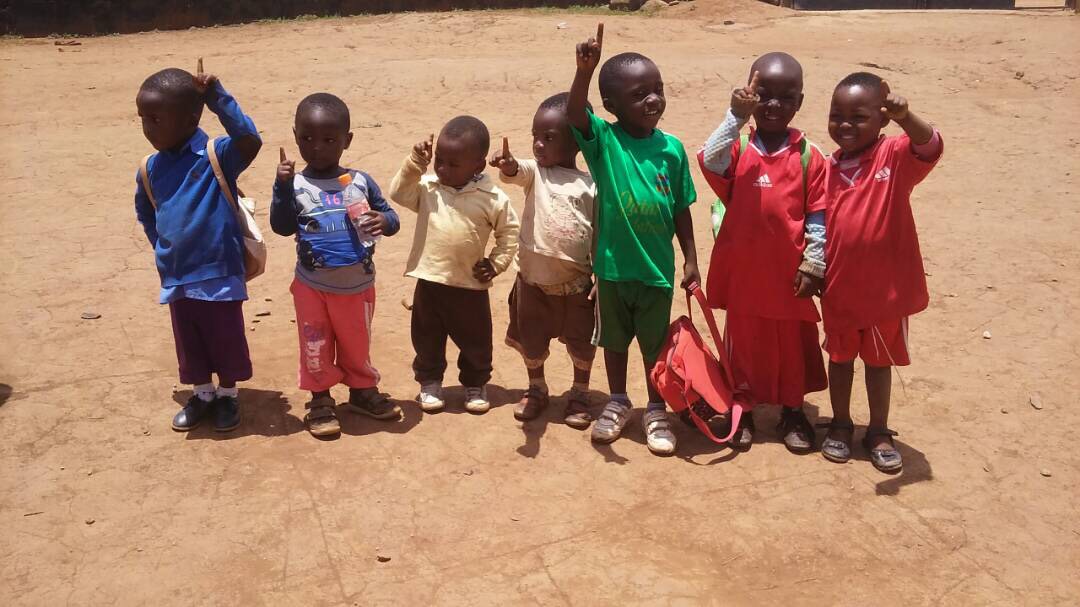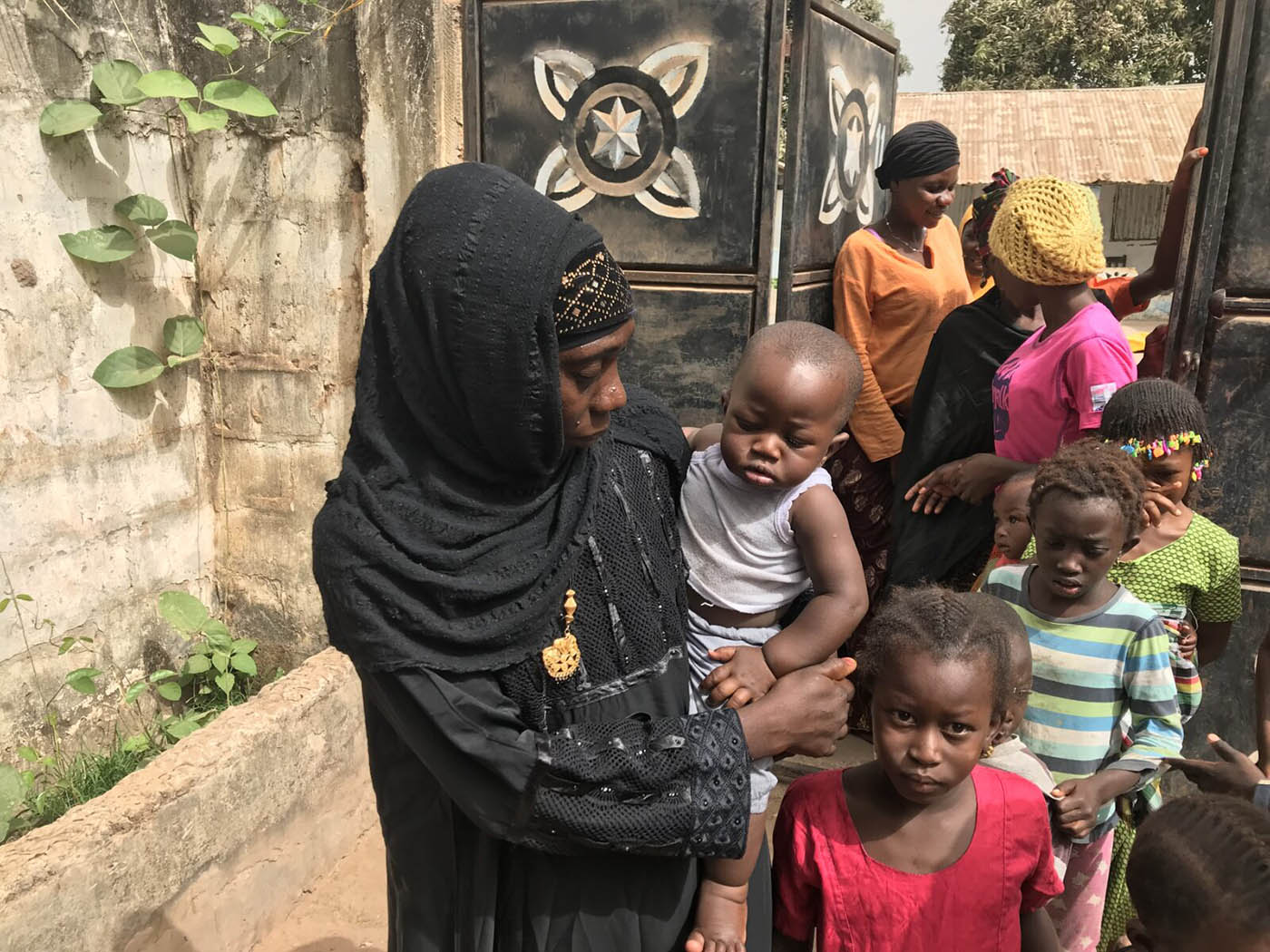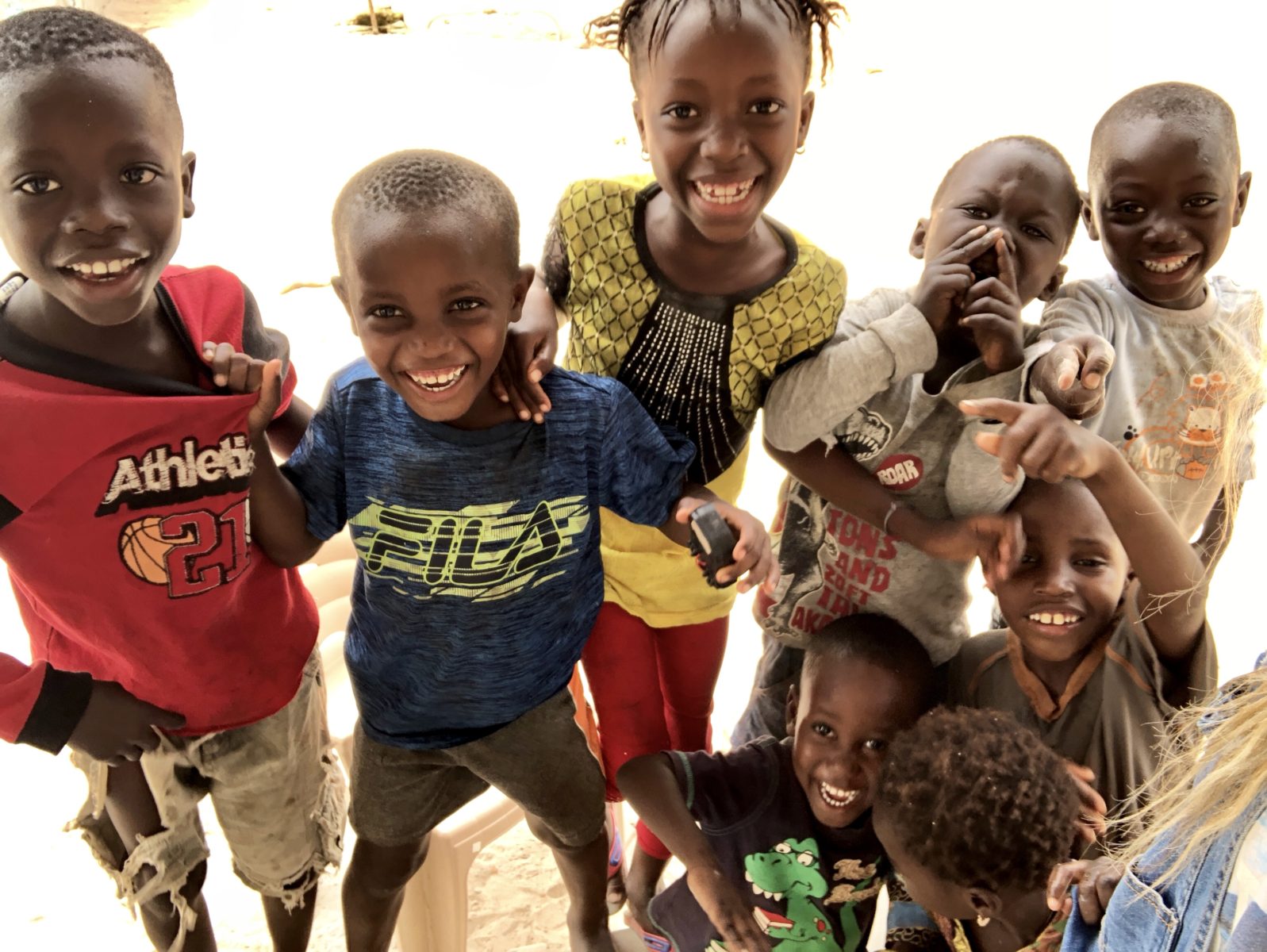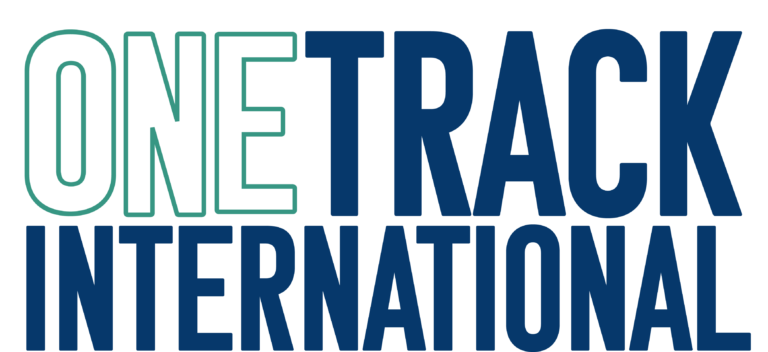It is important to realize what the true problem of the Global Orphan Crisis is: it is not orphans – it is the mishandling of the response by the global community and the negligence of the commitment to finding real solutions to better serving orphaned children.
There are currently over 150 million children worldwide who have been orphaned by a variety of tragic circumstances. This is a sad statistic, but sadder still is that most of these children have been harmed by a second injustice – the overall response to the Global Orphan Crisis has been mismanaged and many of these children are unnecessarily suffering in overcrowded and under-resourced institutions or remain in households that do not have the resources to properly care for them – and many do not have to. At ONETrack we believe that the responses to this crisis need to be reassessed and better solutions need to be put in place.

That is why we work hard to promote alternative orphan-care solutions, such as our Transition to Home approach, that places parentless children in the homes of biological family members within their communities of birth (in cases where orphaned children still have surviving relatives) where they can receive an education in a secure family environment. Through these practices, ONETrack is reimagining orphan-care in a way that can positively change how the world addresses the Global Orphan Crisis and can break free from traditional, less effective methods such as institutional care.
While the children under the care of ONETrack International are directly impacted by the work we do, the greater community benefits in a variety of ways. Our students are clear beneficiaries, but we also directly affect: their host families (by providing caretaker support that benefits the entire family); the communities’ orphanages, by alleviating them of unnecessary cases and relaxing their resource strain (which creates a better life for those still in their care); local schools, which receive funding that would be otherwise unavailable, impacting both the faculty as well as the other students; community health, in that our health initiatives prohibit outbreaks of vaccine-preventable diseases; and, gender equality, as girls’ education ensures that girls feel safe to learn while in school, complete all levels of education with the skills and competencies to secure jobs, make decisions about their own lives, and this can help lift their households out of poverty.


The ONETrack International team has over ten-years of experience in alternative orphan-care techniques, having initially proven our approach a success with our groundbreaking CameroonONE In-Home Sponsorship projects. Through ONETrack International, our global child advocacy project, we are able to share the CameroonONE-solution to parentless children in different communities around the globe by creating new programs and supporting the ongoing operations of organizations that already practice the Transition to Home methods of family-preservation and reintegration – to keep families together and strengthen the ties of community, to maintain cultural traditions and a bond between the citizen and one’s heritage, and to protect communities from losing future generations and the benefits of their creativity and productivity.


